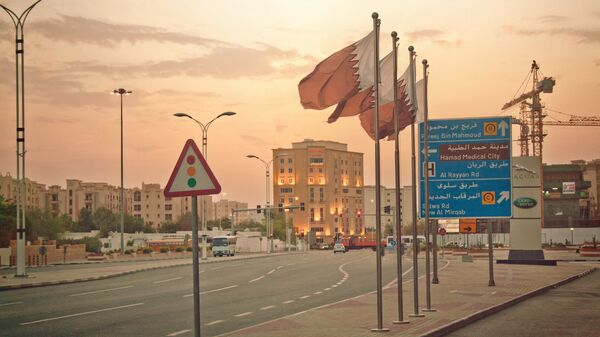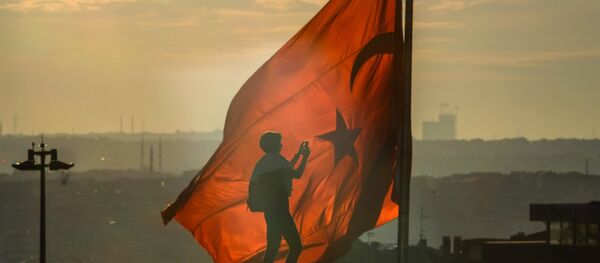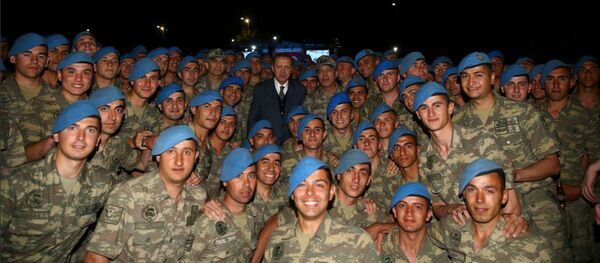DOHA (Sputnik) — At first glance, nothing in Qatar's capital city of Doha indicated that it has been impacted by the serious diplomatic crisis that the country was involved in. Doha's Hamad International Airport is operating as usual, despite Saudi Arabia and other countries closing their airspace for the state's Qatar Airways.
The decrease of passenger flow in Qatar could be evidenced by 50 percent discounts for car rentals, or could simply be explained by the holy month of Ramadan, which happens to be a time for large sales in Arab countries.
Inflated discounts of up to 60 percent could also be found in Doha's hotels, something local media attribute to the fall of tourist and business flows to Qatar.
The hotels were half-empty and only got busy during the iftar, or the evening meal Muslims have to end their daily Ramadan fast at sunset. The staff would then set up tents in the hotel's hallways, where a person can join the iftar. The open buffet was not free, however, and cost 140 Qatari riyals ($38.20). Traditionally, the iftar begins with water and dates.
Heat during the day can reach up to 107 degrees Fahrenheit. Only in huge shopping malls could people be found hiding from the heat and enjoying the cool coming from air conditioning systems. The parking lots at the shopping malls were equipped with umbrellas for cars. The most popular car color was naturally white to prevent them from overheating.
As witnessed by the Sputnik correspondent, there were no food shortages in Qatari shops, despite its sole land border with Saudi Arabia being closed down by the latter. In these grocery stores, one could find rice from India, flour from Pakistan, and meat, canned goods, frozen semi-finished products and fruits from Europe.
Even during the work day, there were many people in supermarkets buying full baskets of products. The shop-goers explained that their abundant purchases had nothing to do with the restrictions, but rather with preparations for the weekend.
"Of course, I know about problems with Saudi Arabia, but I hope that we will have food. This time I decided to buy a bit more, though, just in case," a local resident told the correspondent.
The buyers noticed that the price for products has risen following the closure of border and fall of Qatari currency. The residents were hopeful that Iran and Turkey, with which Qatar has good relations, would provide help.
On June 5, the United Arab Emirates, Saudi Arabia, Bahrain and Egypt cut off diplomatic ties with Qatar, blaming the country for supporting terrorist organizations and destabilizing the situation in the Middle East. Yemen, the Maldives, Mauritius, Mauritania and the eastern-based government in divided Libya also announced a break in their respective relations with Doha, while Jordan and Djibouti said they would lower the level of diplomatic contacts with the state. Senegal, Niger and Chad have recalled their ambassadors from Doha.
The crisis was triggered after a Qatari news agency published a statement of Qatari Emir Sheikh Tamim bin Hamad Al Thani calling for establishing relations with Iran and expressing support for the Muslim Brotherhood (a terror organization banned in Russia).
Doha later said that the website of the agency was hacked and there was no such statement from Qatari leader. Nevertheless, Saudi Arabia, the United Arab Emirates and Bahrain viewed the explanation as unconvincing.




